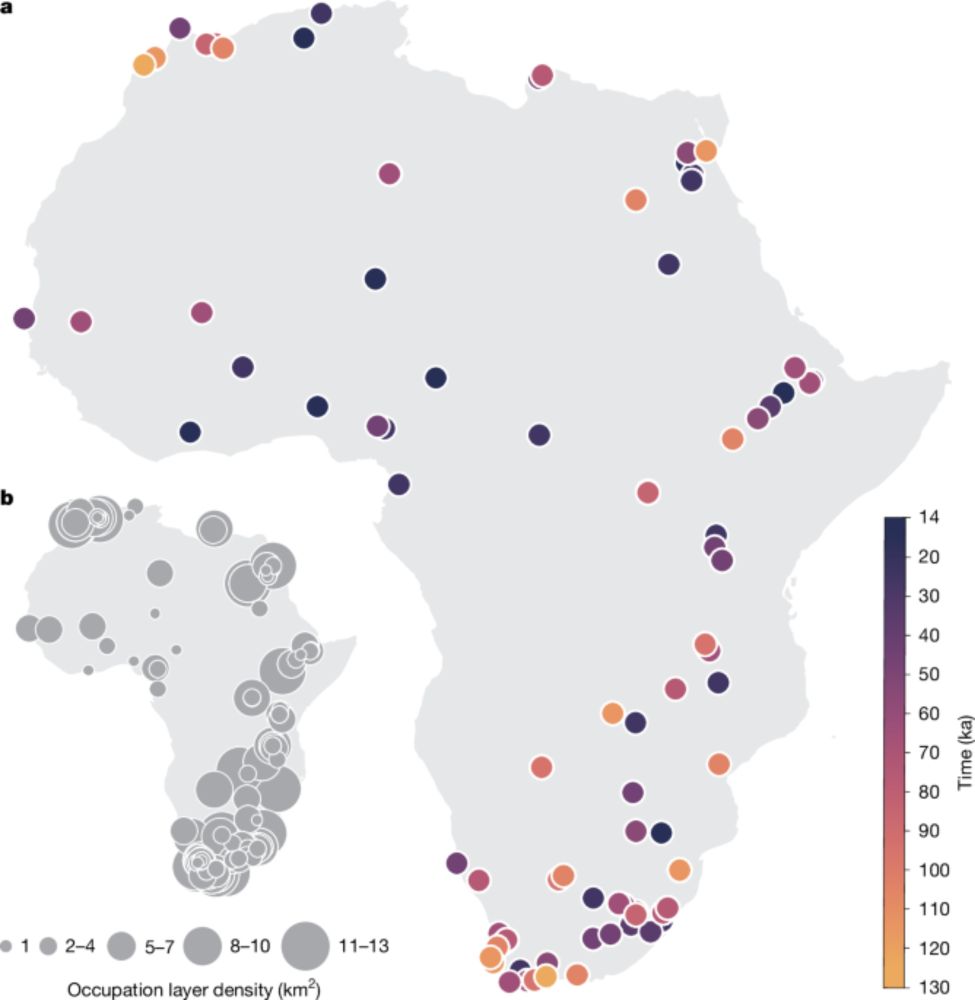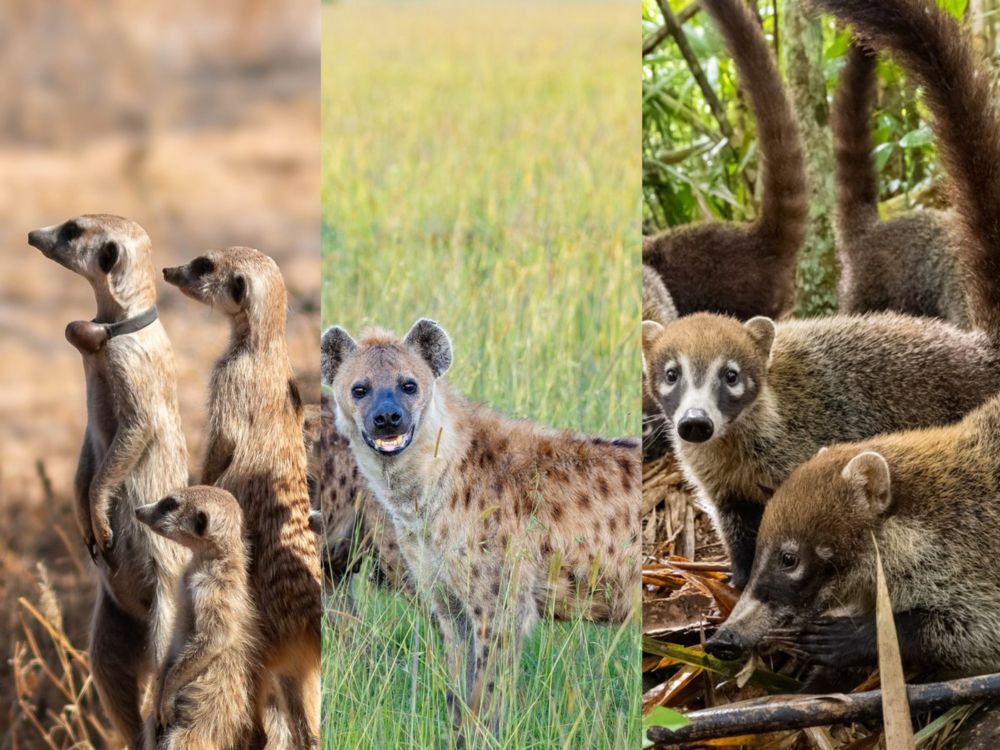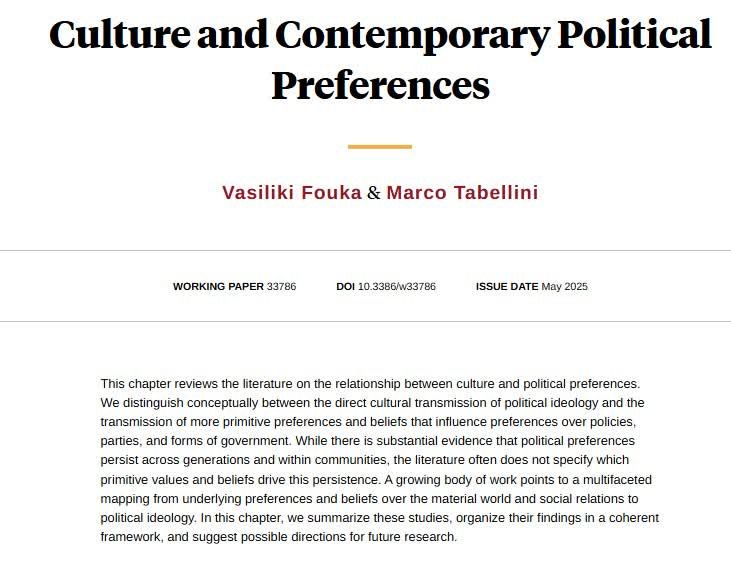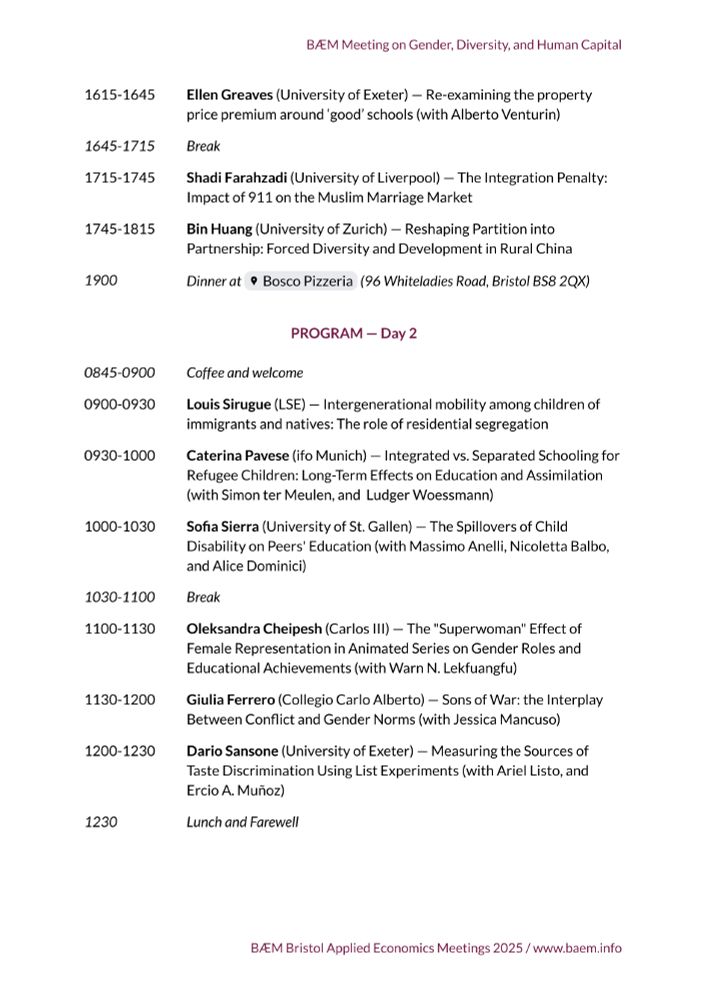Toman Barsbai
@tomanbarsbai.com
320 followers
310 following
12 posts
Professor of Economics at the University of Bristol. Development, migration, culture, and behavior. tomanbarsbai.com
Posts
Media
Videos
Starter Packs
Reposted by Toman Barsbai
Reposted by Toman Barsbai
Reposted by Toman Barsbai
Reposted by Toman Barsbai
Jonathan Portes
@jdportes.bsky.social
· Sep 23

New US curb on high-skill immigrant workers ignores evidence of its likely harms
President Donald Trump on Friday ordered an unprecedented new restriction on lawful immigration to the US by high-skill workers. Starting Sunday, new applications for H-1B visas required payment of an...
www.piie.com
Reposted by Toman Barsbai
Reposted by Toman Barsbai
Reposted by Toman Barsbai
Max Posch
@maxposch.bsky.social
· Jul 17
Reposted by Toman Barsbai
Reposted by Toman Barsbai
Simon Fisher
@profsimonfisher.bsky.social
· Jun 18

Major expansion in the human niche preceded out of Africa dispersal - Nature
Analysis of species distribution models in a pan-African database comprising chronometrically dated archaeological sites over the past 120,000 years shows major expansion in the human niche from 70 ka...
www.nature.com
Reposted by Toman Barsbai
Reposted by Toman Barsbai
Reposted by Toman Barsbai
Reposted by Toman Barsbai



















